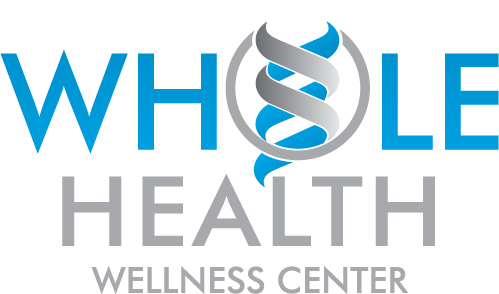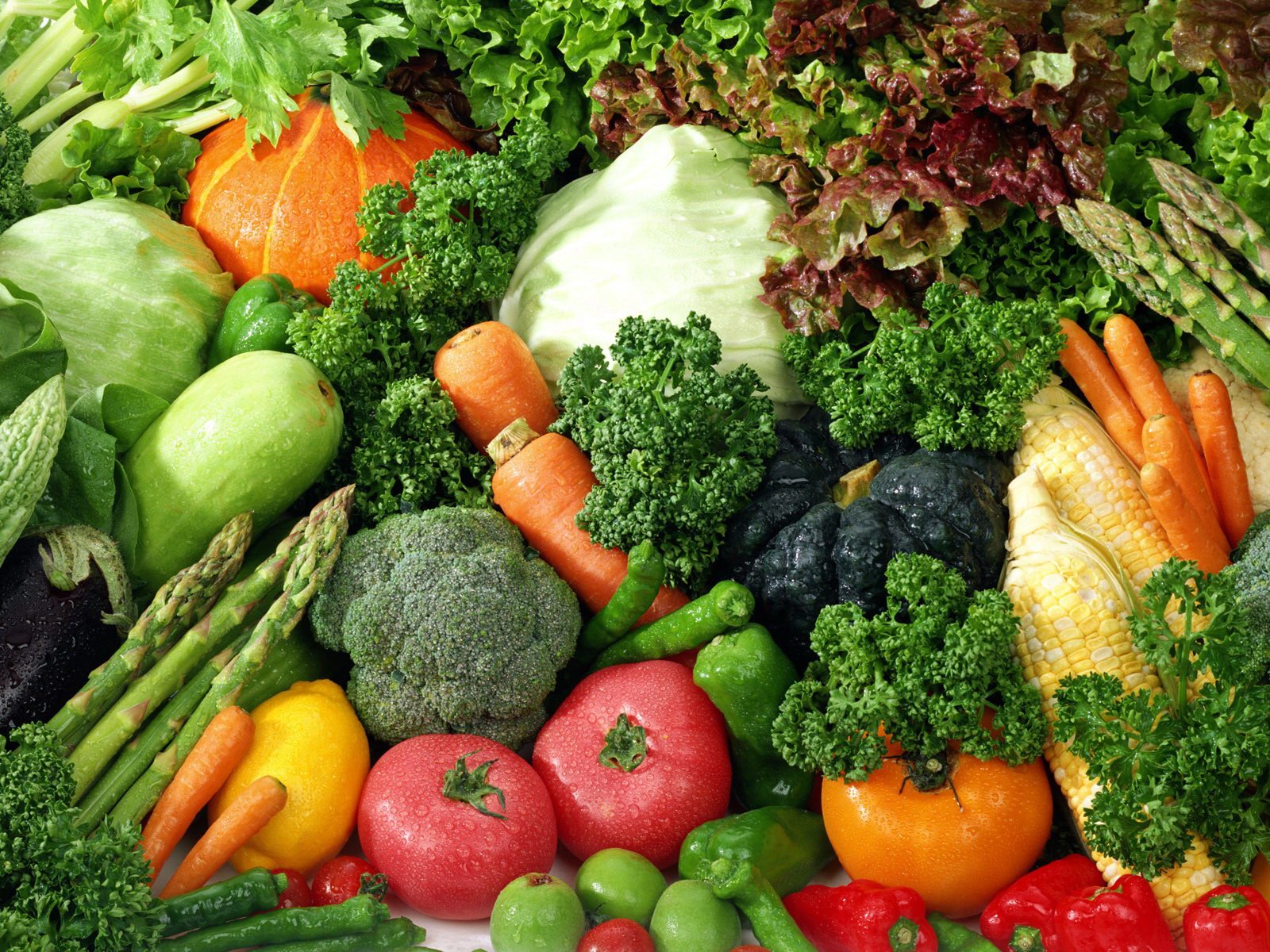As days get shorter in the Northeast, our health and well-being is affected in a variety of ways. Here are some tips for staying happy and healthy in fall and winter.
Change your workout schedule, don’t abandon it. With the holidays coming up we have plenty of excuses to bail on our spring and summer workouts, especially if they involved getting outside. Resist the temptation. Get up an hour early to work out, of course making sure you’re getting enough sleep. Enlist a workout partner and sign up for classes. Involve the whole family in workouts. My cable TV on demand has a variety of free workout options that can be done in the comfort of my home.
Get sunlight during the day. Stay active, do yardwork, take a walk around the block or the office parking lot before it gets dark.
Practice good sleep hygiene. Make sure your sleeping environment is free from light and distractions. If you plan on exercising first thing in the morning, get an alarm clock that wakes you gradually with light instead of loud, jarring noises, and open up the window shades to let natural light in. In the evening, dim the lights and turn off the TV and other electronic devices an hour before trying to sleep. If you have a TV in the bedroom, get rid of it. Good sleep hygiene should be practiced by the entire family. Make sure children’s rooms follow the same rules as your room. Limit naps to 20 to 30 minutes if you choose to nap. Napping longer can leave you groggy and impede your ability to sleep at night.
Limit caffeine, especially in the afternoon and evening, and limit alcohol. Both disturb restful sleep. Don’t eat within three hours of going to sleep. Our body needs to finish digesting in order to rest properly.
Eat local, in-season vegetables. Don’t forgo healthy vegetables grown elsewhere, but be aware of local produce that is at the height of its nutritional value now in Connecticut: Apples, carrots, garlic, mushrooms, onions, pears, potatoes, turnips and winter squash.
Get your vitamin D levels checked. A simple blood test can tell you if you are deficient in Vitamin D, which is important for heart health and bone health amongst other things. Low Vitamin D has been linked to health problems such as weight gain, high blood pressure, diabetes, hypothyroidism, arthritis and certain cancers. Food sources of Vitamin D include fishes such as salmon (Wild-caught), tuna, sole and flounder (Pacific), as well as pork, egg, and milk. Vegetarian/vegan sources of vitamin D include maitake, portabella and oyster mushrooms, and fortified soy products and cereals. Keep in mind you may have to take supplements in addition to eating these foods, and it is possible to take too much if you are supplementing.

